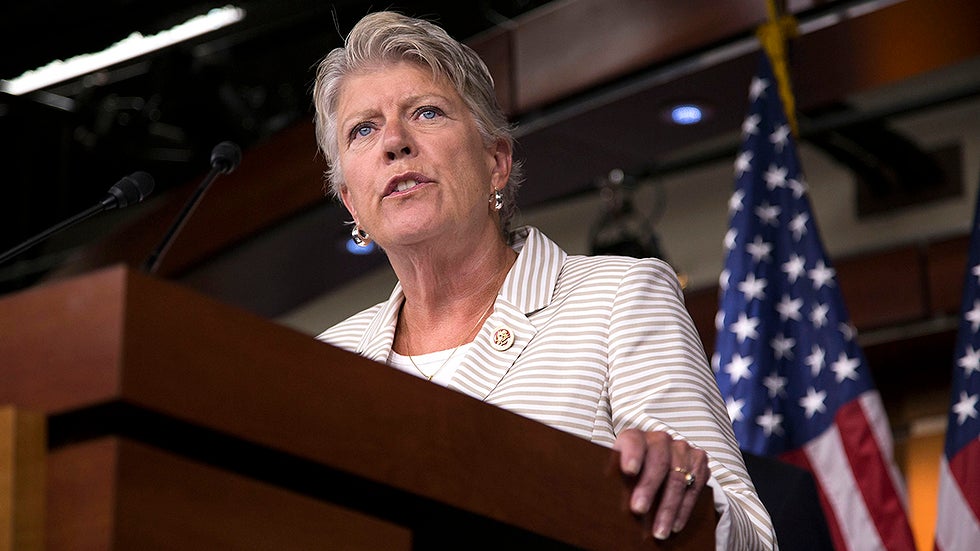
Washington, DC – Today, Congresswoman Julia Brownley (D-CA) announced the reintroduction of the Every Veteran Counts Act, which would require the U.S. Department of Veterans Affairs (VA) to establish and regularly update a database containing veterans’ demographic information to ensure VA programs and policies are designed to serve the changing population of veterans.
“In recent years, Congress has passed legislation intended to guide the mission of the VA to meet the growing and changing needs of an increasingly diverse veteran population. However, understanding who our veterans are and what their specific needs are is essential to ensuring VA provides them with the benefits and services they have earned,” said Congresswoman Julia Brownley. “We must also ensure that policymakers and veteran service organizations have access to up-to-date demographic information on our nation’s veteran population. This bill will better equip VA, Congress, and VSOs to plan and implement programs and services our veterans need. My bill will also help guide policies and the allocation of resources to ensure we are best serving those who have served our nation in uniform.”
Background
In order to understand veteran demographic trends, VA previously conducted six national surveys of veterans. However, the last survey was conducted in 2010. Since then, the statutory framework for data collection has substantially evolved and the population of veterans has also significantly changed.
Through the National Center for Veterans Analysis and Statistics, VA has leveraged the vast amount of data generated within the Department and collected by other federal partners to improve population-based information on veterans. However, the VA needs to update this information to ensure the Centers’ work remains relevant.
To ensure that federal policy makers have access to critical demographic information on veterans, the Every Veteran Counts Act would require VA to conduct a new veterans survey and establish a public database containing a wide range of information on veteran demographics. This will include sex, sexual orientation, gender identity, age, education, race and ethnicity, income, employment, housing status, distance from a VA facility, and other categories.
This will help VA in planning its future programs and services for veterans. It will also help Congress and other stakeholders to better understand the needs of veterans, and subsequently develop policies and allocate resources to ensure these needs are met.
Read the full text of the bill, here.
###
Issues: 118th Congress, Veterans' Affairs